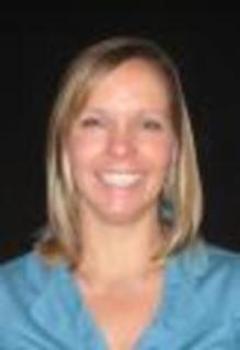Communication Access Real‑time Translation (CART) is provided in order to facilitate communication accessibility and may not be a totally verbatim record of the proceedings. Consumer should check with the moderator for any clarification of material.
This article is a written transcript of the course, “Childhood Apraxia of Speech: Diagnosis and Treatment”, presented by Kimberly A. Farinella on November 3, 2011.
>> Amy Hansen: Welcome to today's Expert e‑Seminar presented by Kimberly A. Farinella entitled “Childhood Apraxia of Speech: Diagnosis and Treatment.” Dr. Kimberly Farinella is an Associate Clinical Professor and Clinical Director at Northern Arizona University and has a research appointment at the University of Arizona. She completed her post doctoral fellowship in the Division of Speech Pathology, Department of Neurology, at the Mayo Clinic and her doctoral training at the University of Arizona. Her research interests include speech motor control and speech disorders of neurogenic origin. So welcome, Kimberly, thank you for joining us today.
>> Kimberly: The title of my talk today is Childhood Apraxia of Speech: Diagnosis and Treatment. The focus of this presentation is the evaluation and management of childhood apraxia of speech. I will explain how to differentially diagnose childhood apraxia of speech (CAS), as well as show you several video examples to illustrate the continuum of severity that can present in this disorder. I will also discuss an evidence based treatment approach for CAS that incorporates the principles of motor learning. And finally, I will share some of our recent research findings pertaining to the principles of motor learning and the treatment of CAS.

